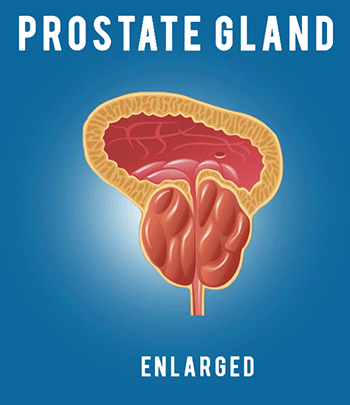Drug Therapy for Cystic Fibrosis Patients
Drug Therapy for Cystic Fibrosis Patients

Image courtesy of Serge Bertasius Photography at FreeDigitalPhotos.net
Most patients with cystic fibrosis will be placed on a regular regiment of drug treatment. The gene that is known as CFTR alters the function of the protein that scatters the salt and water through the body. In normal people, this mucus is think and watery and lines the passageways and lines most major organs. This altered gene causes the mucus to turn thick, heavy, and sticky. This causes it to lodge in the airways and passageways to the organs of the body. The thick mucus becomes a breeding ground for bacteria and frequent infections are the result.
Drug Therapy for Cystic Fibrosis Patients
In healthy people the pancreas gland produces digestive enzymes that pass through the digestive system to help break down the food so it will be properly absorbed by the body. Patients with cystic fibrosis have thick mucus that blocks the passageway for these enzymes to reach the stomach to help in digestion. Digestive problems such as diarrhea and blocked bowels can be the result. Patients with cystic fibrosis will need to take large doses of supplemental oral digestive enzymes before they eat a meal or any snack. Teenagers who are normally self-conscious during their teen years are more so if they have cystic fibrosis and may not be willing to take these drugs in front of their friends before they eat. They may consciously or subconsciously rebel against being different from their peers. If your teenager is going through this, a counselor or psychologist may be able to help them work through this uncomfortable stage in their life.
Patients who are affected in their respiratory system have a restricted oxygen capacity and often find it hard to breathe. This inability to breathe also may bring about panic feelings that make it harder and more complicated to breathe. When the cystic fibrosis patient does not receive enough oxygen they are at risk for further damage. To prevent this potential damage, patients may be prescribed medicated inhalers to ease the airflow and reduce breathing difficulties. Inhaled steroids and ibuprofen may help reduce the mucus build-up in the lungs and ease acute inflammation. Lung infections are a serious threat to cystic fibrosis patients. Continuous lung infections can cause scarring and create more complications. Corticosteroids are natural hormones normally made in the adrenal gland and they may be prescribed to prevent the severity and the frequency of lung infections. The cystic fibrosis patient may also take oral nonsteroidal anti-inflammatory drugs. Ibuprofen and other similar drugs can reduce the severity of some symptoms of cystic fibrosis. There are potentially dangerous side effects, take these drugs only as a doctor prescribes.
If your doctor prescribes drug therapy for your symptoms of cystic fibrosis, be sure to follow the instructions carefully. If you are a parent responsible for an older child or teenager who is prescribed these drugs, ensure they are taking their medicine, as they should. Some teenagers will want to pretend they are normal and not want to take the medications they need before they eat or to help them breathe if they are with their friends. It will help them to talk to others who have faced the problem and be open and honest with their friends. Support is important for all cystic fibrosis patients, but especially for teens.


